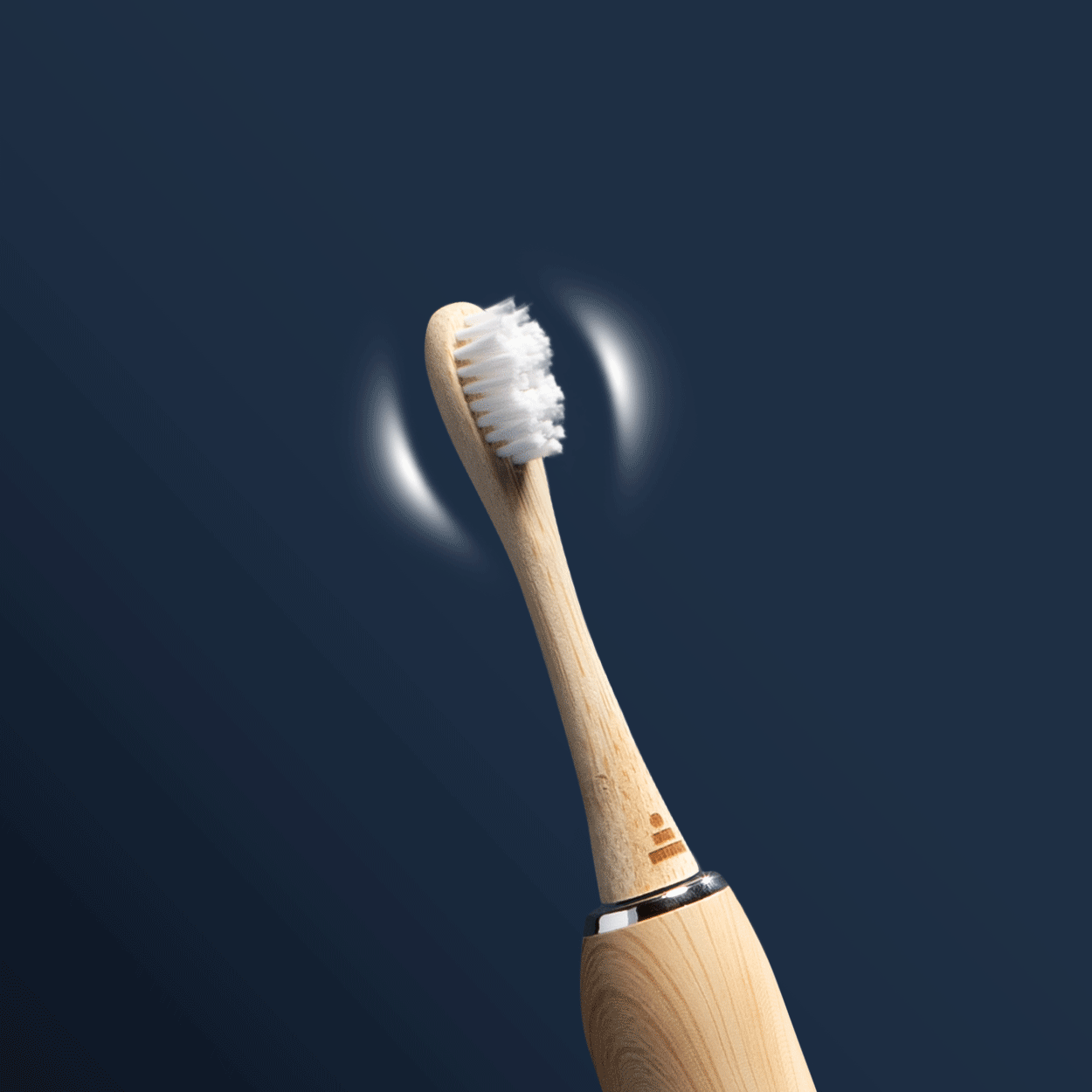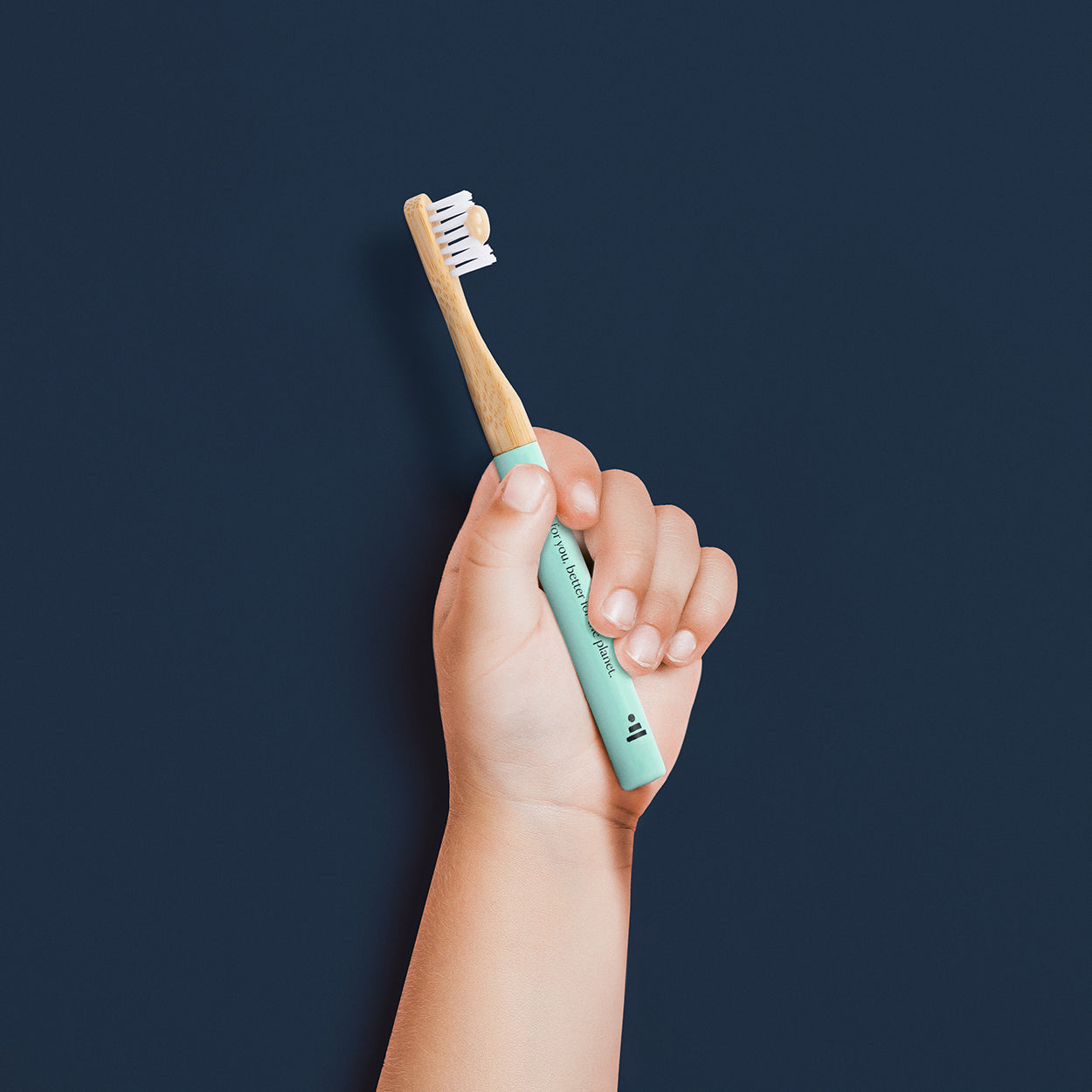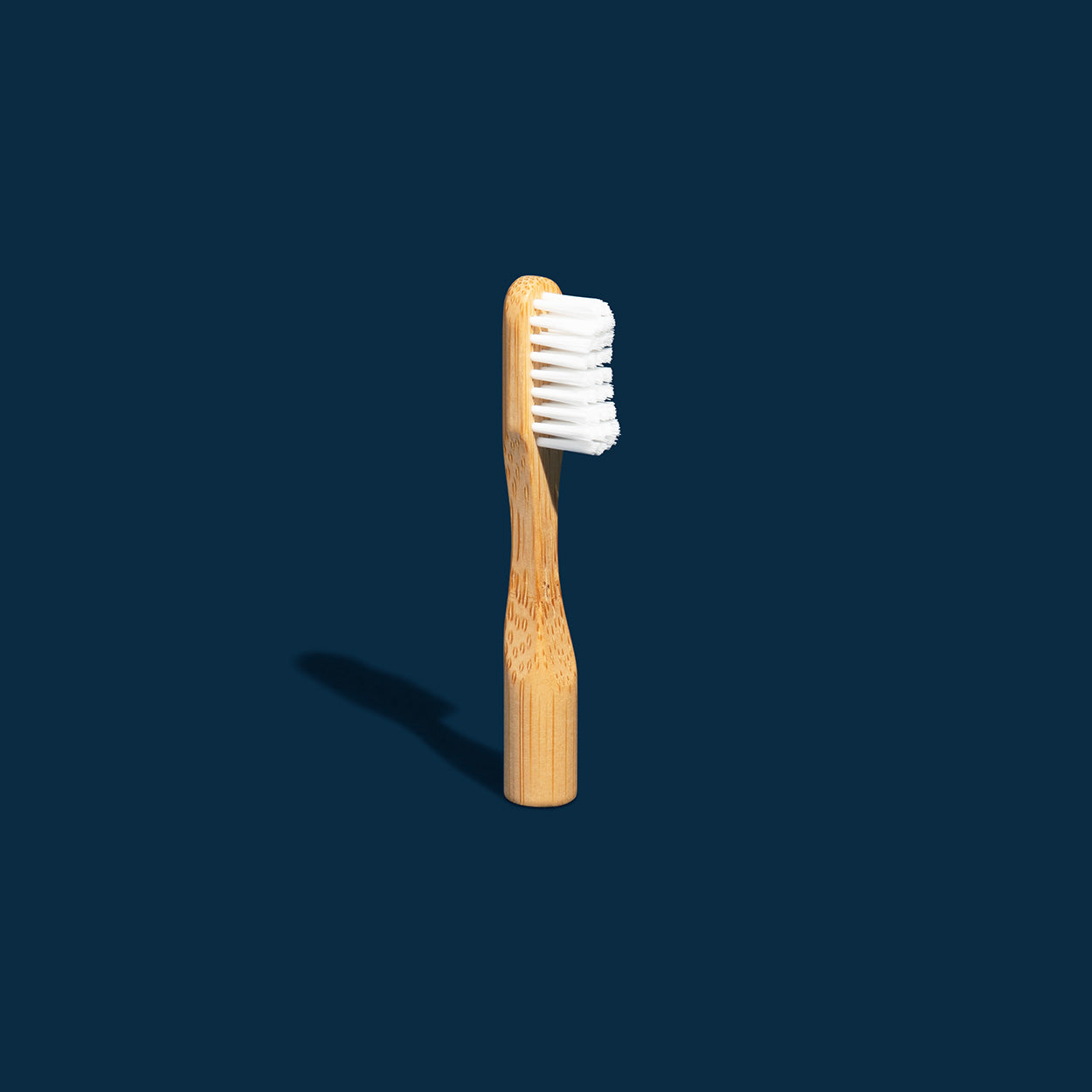If you’ve fallen behind on your brushing routine, you might be nervous about bad breath, plaque buildup, discoloration, and cavities—rightly so. But did you know neglecting dental health can also affect your heart, lungs, and even your brain?
Your mouth (like the rest of your body) is home to lots of bacteria. Most are harmless, but some types of bacteria cause disease. Good dental hygiene habits, like twice-daily brushing, fight off bad bacteria.
However, when you don't brush your teeth, bacteria start to build up. And since your mouth connects to your respiratory and digestive systems, bad bacteria can spread through your body, increasing your risk of several health issues.
Skipping a day of brushing or flossing might seem trivial, but it’s important to remember that everything in your body is connected. Your oral health and overall health are linked—you can’t have one without the other.
So, what happens when you don’t brush your teeth? Let’s start with the most obvious risk: oral health problems.
Oral Health Problems
Poor oral hygiene poses a serious threat to your teeth and gums. The American Dental Association recommends brushing your teeth for two minutes, twice daily. If you’re not brushing that consistently, you may be at higher risk for developing these conditions:
Gum Disease (Periodontitis)
This is an infection of the gum tissue that occurs when you get plaque buildup on your teeth. Over time the plaque hardens into tartar, which is mineralized dead bacteria that forms at the gumline.
The mildest form of gum disease is gingivitis (inflammation around your teeth) but left untreated it can damage the tissue and bones in your mouth.
Cavities
Cavities are tiny holes that form on teeth when bacteria feed on food particles and release acid. This acid erodes your tooth enamel, leading to tooth decay. Untreated cavities can require a root canal to repair and may even lead to tooth loss in severe cases.
Bad Breath
When bacteria linger in your mouth and between your teeth, they release sulfur compounds that have a nasty odor. This is the most common culprit of bad breath. The longer the bacteria lingers, the worse the smell gets.
Cardiovascular Problems
Researchers are starting to notice a strong correlation between gum disease and heart disease, including endocarditis (a potentially fatal infection of the heart’s inner lining.) There isn’t a clear-cut answer for why that is, but cardiologists suspect it’s caused by bacteria traveling from the mouth to the heart.
“The bacteria that live in your mouth when you have gum disease can cross into your bloodstream, enter the heart, and directly infect the vulnerable heart valves,” says Dr. Marietta Ambrose, Assistant Professor of Clinical Medicine at the University of Pennsylvania’s Perelman School of Medicine.
Pneumonia Risk
Your mouth is a direct pathway to your lungs. Accordingly, if bad bacteria makes its way into your respiratory system it can lead to pneumonia: an infection that causes the air sacs in the lungs to fill with fluid.
In a 2020 study published in Scientific Reports, researchers found that frequent tooth brushing along with regular dental checkups significantly reduced people’s risk of developing pneumonia.
Pregnancy Complications
Dental care is essential during pregnancy, partially because fluctuating hormone levels can lead to gingivitis. According to Mayo Clinic, gum disease during pregnancy has been linked to low birth weight and premature delivery.
To ensure the wellbeing of mothers and their babies, gynecologists strongly advise pregnant women to maintain good oral health and get adequate nutrients, specifically vitamin D.
An easy way to do that is with a vitamin-fortified toothpaste like Better & Better, which contains 80% of the recommended daily intake of D3 and 100% of B12 (when you brush twice daily).
Are you a mom-to-be? Check out our complete guide to oral care during pregnancy.
Pre-Diabetes Risk
According to research from the University of Illinois-Chicago College of Dentistry, gum disease may be a risk factor for prediabetes. That’s because the bacteria found in tartar can cause insulin resistance and glucose intolerance, both of which are risk factors for prediabetes.
Alzheimer’s Risk
The UIC College of Dentistry also notes that oral bacterial infections like periodontal disease may spur the development of plaques around brain cells which are believed to cause Alzheimer’s disease.
As more studies are conducted, the link between poor oral health and chronic diseases is becoming hard to ignore.
“The goal is to use these findings to lower the risk of diseases such as Alzheimer’s Disease and diabetes, especially as you age,” said the researchers.
Brush for a Better You
Fresh breath is far from the only benefit that comes from prioritizing your oral care. Next time you’re tempted to skip brushing your teeth after a late night out or during the morning rush, remember your mouth isn’t the only thing at risk.
Toothpaste might seem like an afterthought, but as you can see it lays the foundation for a healthier you.
You deserve better than the harsh chemicals, artificial ingredients, and other gunk you find in typical toothpaste. Fortunately, there’s a better way to brush.
When you take care of your teeth, you take care of your whole self—inside and out.


















